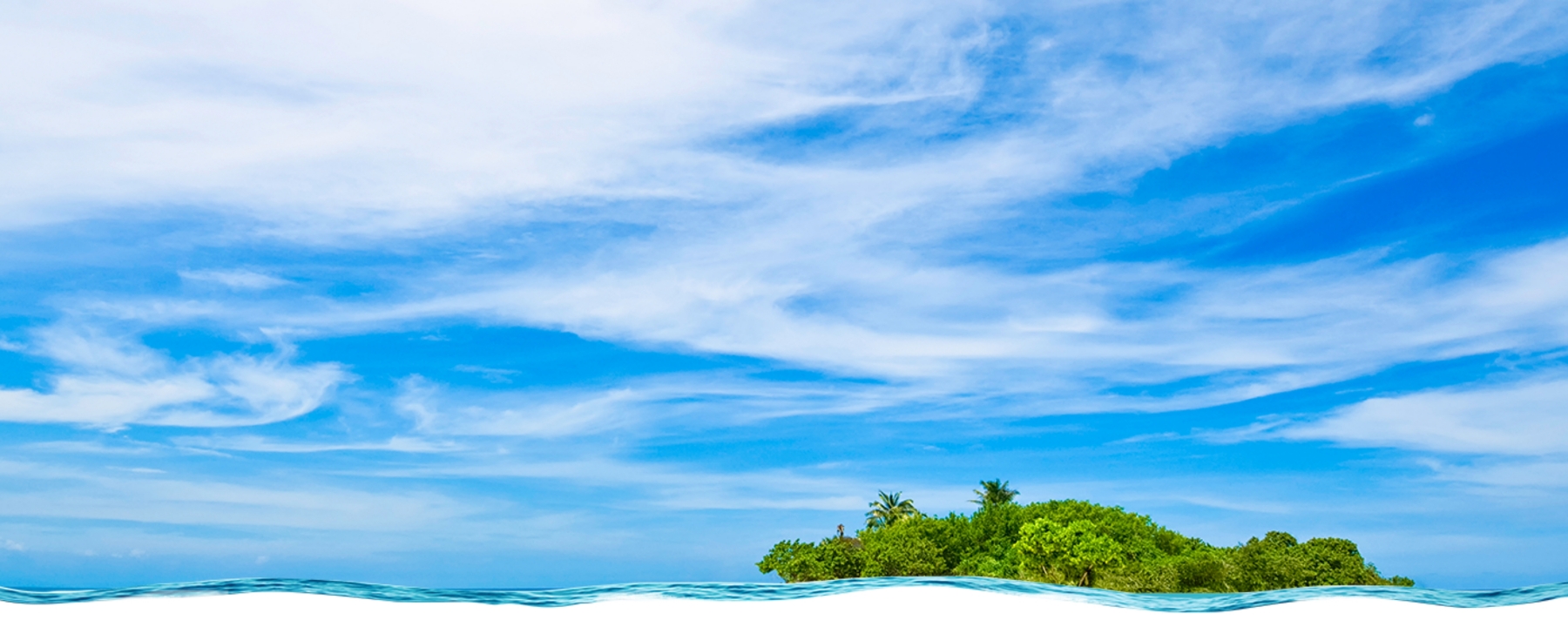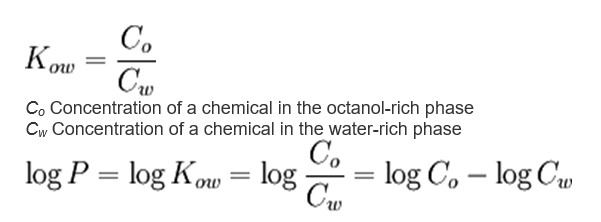
Sun protection
EcoSun Pass - nature and humans in harmony
People want and need to protect themselves from the sun. However, they increasingly do not want to use products that harm nature. BASF Personal Care uses the EcoSun Pass to help sunscreen manufacturers bring formulations to market that are good for people AND the environment.
Sunscreens must protect skin and not harm nature. But how can the consumer know that the new cream is also environmentally friendly? The BASF EcoSun Pass takes you closer to the answer. "We provide our customers with a tool to check their UV filter systems according to the latest scientific findings. Internationally recognized criteria such as biodegradability and aquatic toxicity play a major role," explains Marcel Schnyder, Head of Global Technical Center Sun Care at BASF.
And these insights are not only of interest to manufacturers. Consumers in particular are increasingly interested in sustainability and nature conservation. Not only do they demand the right products for this, they are also willing to reconsider and adapt their own consumer behavior.
Sustainable Sun protection can be formulated
Although research into the environmental impact of UV filters and sunscreen products is still in its infancy, reports of damage to the ecosystem, coral reefs and our oceans are increasing. And above all, the question remains: Is it even possible to formulate sun protection that is sustainable and environmentally friendly?
We asked our experts in Grenzach: "Development continues all the time. With today's knowledge, the facts and results available, sun protection products can be developed and formulated with as little impact on the environment as possible," says Stéphanie Acker, Senior Technical Manager Sun Care, BASF, Grenzach, Germany.
In the future, end users will be able to recognize the right products by the BASF EcoSun Pass label. The first customers are already using the label on their products. More information at: Customers advertise with the EcoSun Pass
But what exactly is the EcoSun Pass all about? With the EcoSun Pass, BASF Personal Care has launched a methodology that can be used to check the environmental impact of UV filter systems in sun protection products.
Important: UV filters are key figures in the formulations when it comes to distinguishing between non-environmentally friendly and more environmentally friendly filter systems. The results of the EcoSun Pass take into account the environmental impact of the filters, as well as their concentration in the formulation and the efficiency of the sun protection product in terms of SPF and UVA protection for the best possible ecological footprint.
This holistic approach also includes the fact that the scientific results are not limited to the company's own product portfolio. "All widely used UV filters, including those that are not part of BASF's portfolio, are evaluated transparently," explains Dr. Myriam Sohn from the Global Technical Center Sun Care.
Clear - Transparent - Comprehensive
In order to understand the environmental impact of a sunscreen , it is important to look at the entire system. Most commercially available sun protection products are based on oil in water or water in oil emulsions, various ingredients and a mixture of different UV filters.
With regard to the ingredients, it can be said relatively quickly that many of the substances used have already been tested for their biodegradability according to OECD 301 criteria. However, in order to be recognized as a sustainable resource, more criteria are required than degradability.
With UV filters, the most important components of a sun protection formulation, it is not uncommon for a product to contain up to 6 different UV filters. This is necessary as UV filters absorb in different wavelength ranges. Among other things, combinations are used to achieve the greatest possible protection in the UVA and UVB range.
One goal of the EcoSun Pass is to choose UV absorbers wisely. If filters are more efficient, less is needed in the final product. When it comes to choosing, there are a few things to consider: The toxicity generally increases with the concentration of the UV filter. Efficiency, in turn, is based on concentration. There are filters that have the same efficiency, but do not have the same environmental impact.
As described, it is not sufficient that a UV filter system is biodegradable. For the consideration of the environmental impact, the EcoSun Pass takes into account 6 internationally recognized criteria with its assessment method that consider the environmental persistence (bioaccumulation and biodegradation) as well as ecotoxicity (the remaining criteria):
Bioaccumulation
This is defined as the accumulation of substances/pollutants in organisms. Does a UV filter accumulate in an organism and does it potentially have hormonal effects?
Log Pow - Part of Bioaccumulation Assessment
The n-octanol-water partition coefficient, dimensionless, describes the ratio of the concentration of a chemical in a mixture of n-octanol and water. This coefficient serves as a benchmark for water or fat solubility of the tested filters. If the value is high, this indicates a tendency for the filter to accumulate in the fatty tissue of organisms (depo effect). The formula is:
Biodegradation
Can a filter be biodegraded, i.e. do microorganisms such as bacteria manage to feed the filter back into the mineral material cycle? If so, how long does it take?
Toxicity to terrestrial organisms
The effect of a substance on land flora and fauna.
Toxicity to organisms living in sediments
The damage a substance causes to organisms living in sediments.
Acute aquatic toxicity
How harmful is a substance to the aquatic organism due to short-term exposure (contact)?
Chronic aquatic toxicity
How harmful is a substance to the aquatic organism due to prolonged exposure (contact)?
In addition to the top 6 criteria, attention is also paid to the endocrine effect.
Endocrine effect
Endocrine disruptors are chemicals/substances that can disrupt and damage the endocrine system of organisms. A sun protection product that uses such an ingredient cannot be assessed as environmentally friendly.
The WHO definition is: "An endocrine disruptor is an exogenous substance or mixture that alters the function(s) of the endocrine system and consequently causes adverse health effects on an intact organism, or its progeny, or (sub)populations."
Description of the EcoSun Pass methodology was published under registration number WO2019207129.
Once all the criteria have been reviewed, a reliable assessment is available. Assessment is one thing, advice is another. Another advantage for manufacturers of sun protection products: BASF experts advise formulators right from the development phase. Which UV filter combination is best suited for the respective application, and which is not? This allows the goal of environmentally friendly sunscreen to be achieved effectively and efficiently.
Today, cosmetics no longer "only" have to work on humans, they also need to be in harmony with the environment. Sunscreen is the focus of the sustainability debate. The EcoSun Pass evaluates, provides answers and paves the way for sun protection products that are good for humans AND nature.



